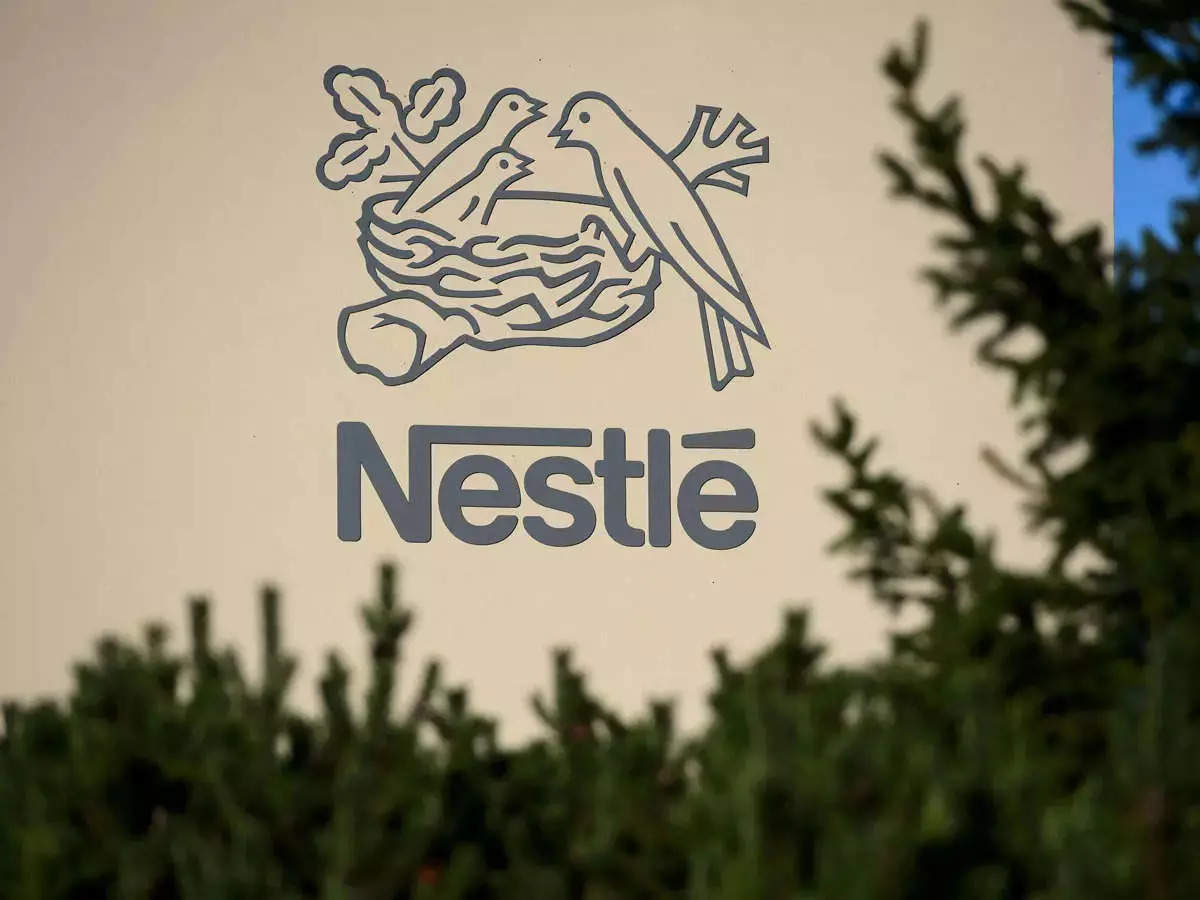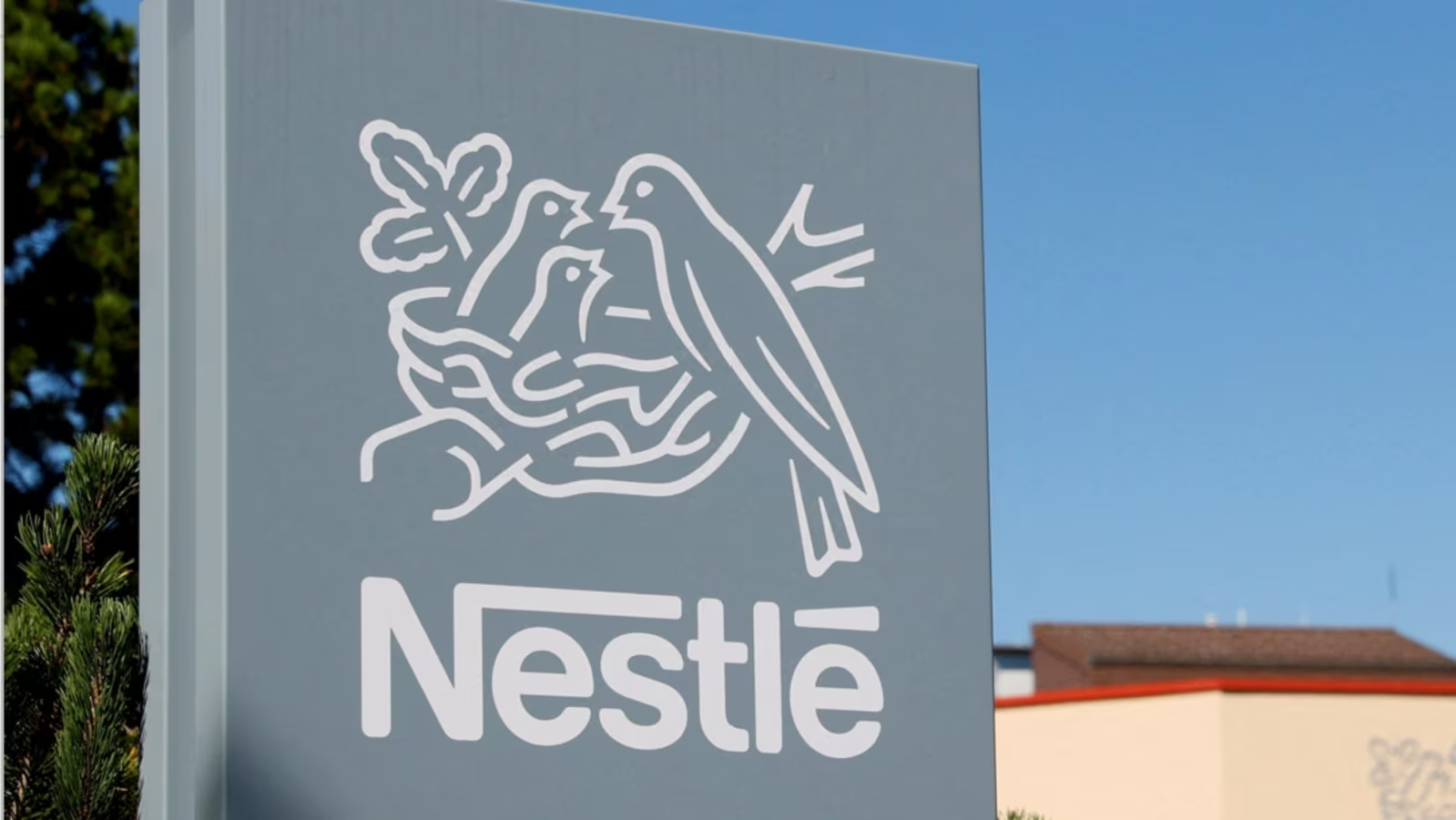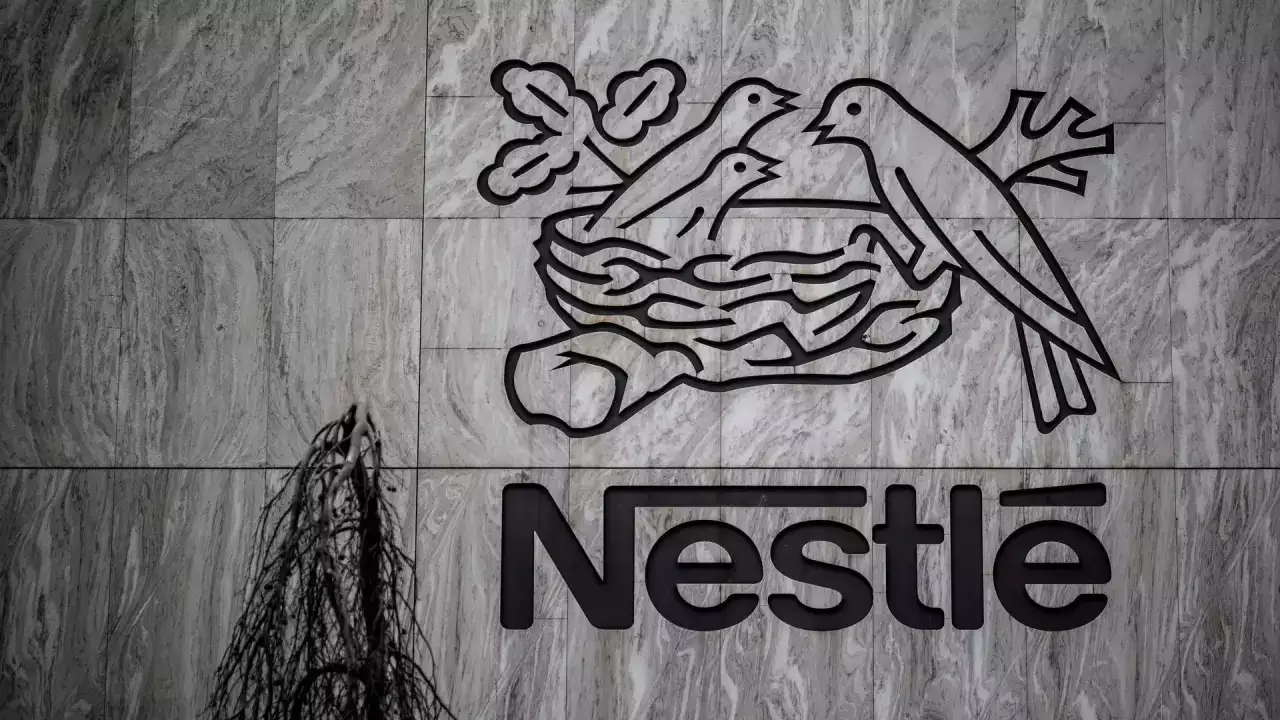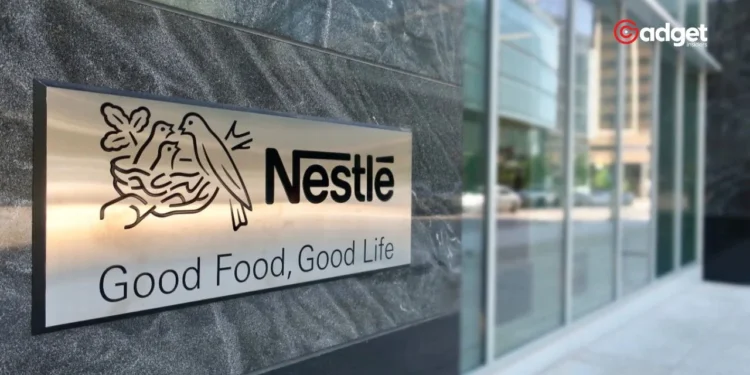In a bold move to capitalize on the explosive demand for weight-loss medications, Nestlé, a leader in the food and beverage industry, has unveiled a new line of products tailored for users of Ozempic and Wegovy. These medications, known for their appetite-suppressing qualities, have transformed the eating habits of millions, creating a unique market niche that Nestlé is eager to fill.

Nestlé’s Vital Pursuit: A New Range for a New Dietary Need
The newly announced “Vital Pursuit” brand will feature a variety of frozen pizzas and pastas, specifically designed with smaller portions and higher protein content to cater to the dietary needs of those on GLP-1 agonists. Set to hit the shelves this year, these meals are priced at $4.99 each, slightly above the cost of a typical DiGiorno personal pizza, reflecting their specialized nature.
We’re leveraging our deep understanding of consumers and nutritional science to stay ahead of the trends that are shaping consumer behaviors,
Steve Presley, CEO of Nestlé North America, stated in a recent press release. This initiative is not only a response to a market trend but also a reflection of Nestlé’s proactive approach to addressing specific health and nutritional needs.

The Growing Influence of Weight-Loss Drugs on Consumer Choices
The market for GLP-1 agonists like Ozempic has seen rapid growth since their introduction, with Novo Nordisk’s Ozempic alone accounting for 41% of its 2023 sales, a staggering $14 billion. This surge in usage has led to notable shifts in consumer purchasing behaviors, with reports of reduced grocery spending among Ozempic users, particularly in categories like snacks and sweets.
The impact is significant enough that it has caused ripples across various food and beverage sectors. High-profile companies such as Lindt, Anheuser-Busch InBev, Unilever, and Danone have all felt the pinch, with share prices tumbling following reports of changing consumer habits. This shift has prompted other companies to reconsider their strategies, with entities like WW International and GNC adapting their offerings to better serve this emerging demographic.
Addressing Nutritional Deficiencies: A Look at the Bigger Picture
Nestlé’s initiative is part of a broader effort to not just provide food that these consumers will enjoy, but to also support their overall health. As GLP-1 users often experience reductions in calorie intake, there is an increased need for nutrients to support overall health and mitigate the loss of lean muscle mass.
When you eat less, you have certain needs of vitamins, minerals, and supplements. You want to be sure that the weight loss gets supported. You want to be sure that you limit the loss of lean muscle mass,
Nestlé’s global CEO, Mark Schneider, highlighted this aspect.

Conclusion: Nestlé’s Forward-Thinking Approach
As the landscape of consumer health continues to evolve, Nestlé’s move to develop and launch the Vital Pursuit line is an astute acknowledgment of the shifting dynamics. By addressing the specific needs of those on weight-loss medications, Nestlé is not only expanding its market reach but also playing a crucial role in supporting the health and dietary adjustments of millions of consumers.
This strategic initiative illustrates Nestlé’s adaptability and its commitment to innovation in the face of changing market conditions, potentially setting a trend for others in the industry to follow. As the demand for specialized dietary options grows, Nestlé’s early move could very well shape the future of food consumption for health-conscious consumers globally.









